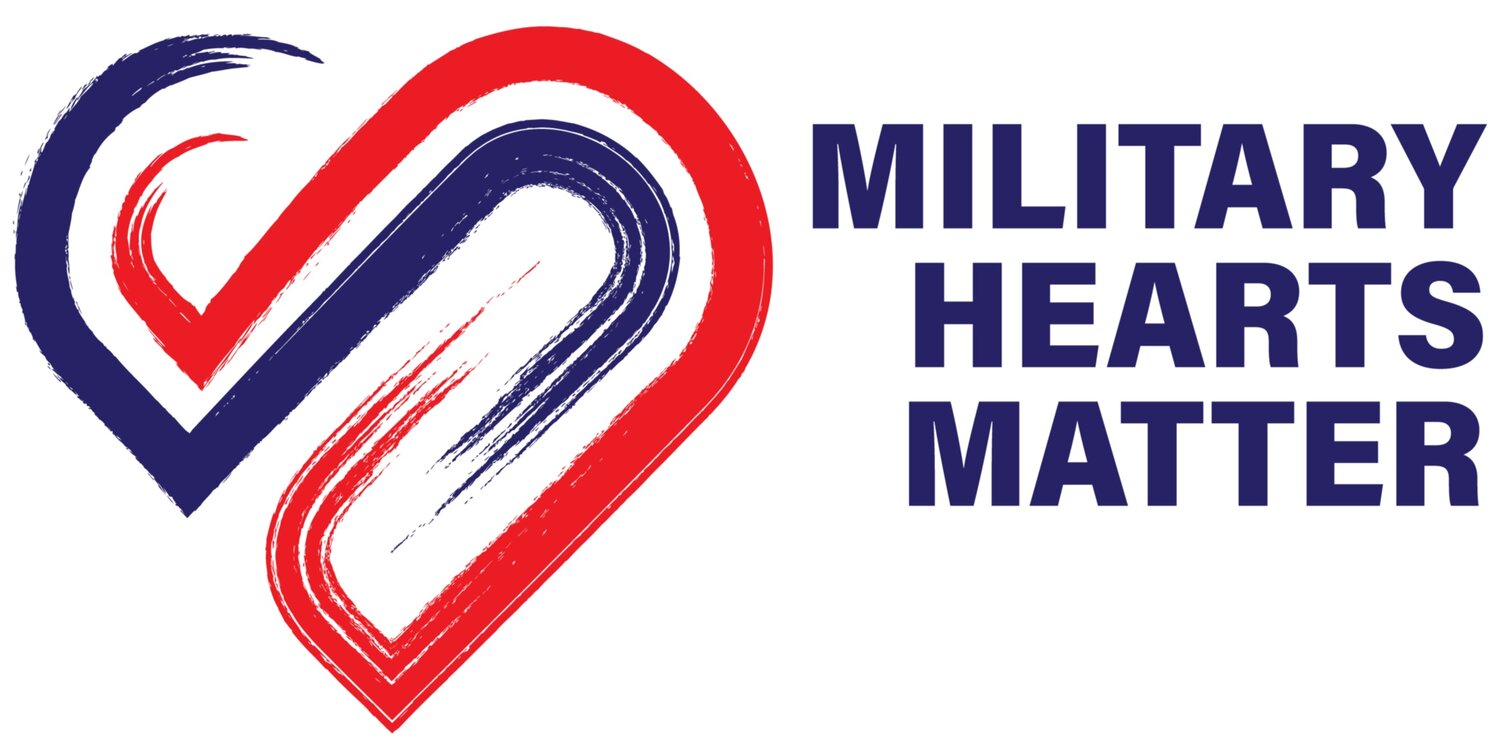Kelsey Danner’s Story
I joined the Navy in 2003 at the beginning of my senior year of high school. It was after September 11th and I felt it was my patriotic duty to serve my country. While I was fairly active growing up through Irish dancing, cheerleading, and playing volleyball, I wasn’t exactly in “boot camp shape”. Despite this, I left for boot camp on July 26, 2004, fresh out of high school and not even 18 yet.
Halfway through boot camp was the first time I passed out. We had just finished a mile run and were preparing to march back to our barracks to continue with the day’s activities. I remember everything going black and waking up to EMTs standing over me. They took me to the ER on base. Upon arrival, the corpsman asked how much water I had drank that day and after checking my pulse declared that I was dehydrated and exhausted. He told me to drink a few more canteens and sent me back to rejoin my division “fit for duty.” I didn’t think anything of that. After all, I was in boot camp; dehydration and exhaustion were plausible diagnoses, and I surely wasn’t going to question someone higher ranking than me.
I graduated boot camp and headed to my first duty station. About a year after my first “passing out” episode, it happened again. This time, I had just finished moving into a new barracks, standing talking to some of my friends when everything went black. I woke up to EMTs standing over me. They proceeded to put me on a stretcher and took me out to the ambulance, heading to the ER on base. The ER checked my pulse, did bloodwork to rule out pregnancy, gave me some fluids, and diagnosed me with anxiety and dehydration. This time, they gave me three days of light limited duty and put in a referral to see a psychologist. I was almost 19 and had never struggled with my mental health or felt anxious, but I didn’t want to question the doctors. They were the ones with the education and experience, so I did as I was told.
After that second “passing out” episode, it was a few years before it happened again. I was in the middle of a flight deck firefighting certification class, and that all too familiar feeling of dizziness followed by everything going black occurred. I woke up with my team standing around me yelling my name and then having the EMTs show up and take me to the ER on base. They gave me fluids and once again diagnosed me with dehydration and exhaustion. The ER doctor told me that I needed to take better care of myself and not drink so much caffeine before sending me on my way.
The next day I was reprimanded by my divisional leadership, with them stating that I had “let my shipmates down” and that I would need to stay for a 24-hour duty shift to make up for the time I missed the day before. The medical staff on board my ship didn’t listen to my concerns of tightness in my chest and said I was “too young for heart issues.” I did my duties as told and started preparing for our upcoming deployment which was to be unlike any other deployment I had been on; making me face challenges both physically and mentally.
My ship was one of the first to respond to the earthquake and tsunami that hit Japan in March of 2011. As the Chemical, Biological, and Radiological Warfare Technician onboard, I worked with my commanding officer and other leadership to minimize the risk of exposure to the radiation from the Fukushima Power Plant. While our exposure was deemed minimal, we weren’t given the proper PPE needed to decontaminate ventilation systems, the ship itself, or our aircraft. It was both physically and mentally exhausting.
Following this deployment, I received my next set of orders and was set for my first shore duty. About a year after arriving at my new duty station, I was working out at the gym on base when everything started going black, and I woke up on the floor. This time was different. I couldn’t feel my arms and legs and my skin looked gray to observers. The paramedics arrived and took me to the ER via ambulance. Upon arriving at the ER, I explained to the nurse how I couldn’t feel my arms and legs, and my skin was observed to be gray. She decided to put in a cardiology consult, “to be safe.” Six weeks later on March 13, 2014, I was diagnosed with Left Ventricular Non-Compaction Cardiomyopathy and told that the passing out episodes were fatal heart rhythms that could have sent me into cardiac arrest.
A month after my diagnosis, I had an Implantable Cardioverter Device (ICD) implanted and started my medical board for medical retirement. On December 28, 2014, I was medically retired from the Navy. Since then, I have spent my time advocating for heart health for all, but especially for our military. On October 18, 2021, thanks to my ICD, I survived a cardiac arrest. I was teleworking, when on a zoom call my heart went into ventricular fibrillation. My heart reached 330 beats per minute before I was shocked out of the fatal rhythm. I have found that heart disease doesn’t care about your gender or age. After all, heart disease found me when I was in the best shape of my life.
